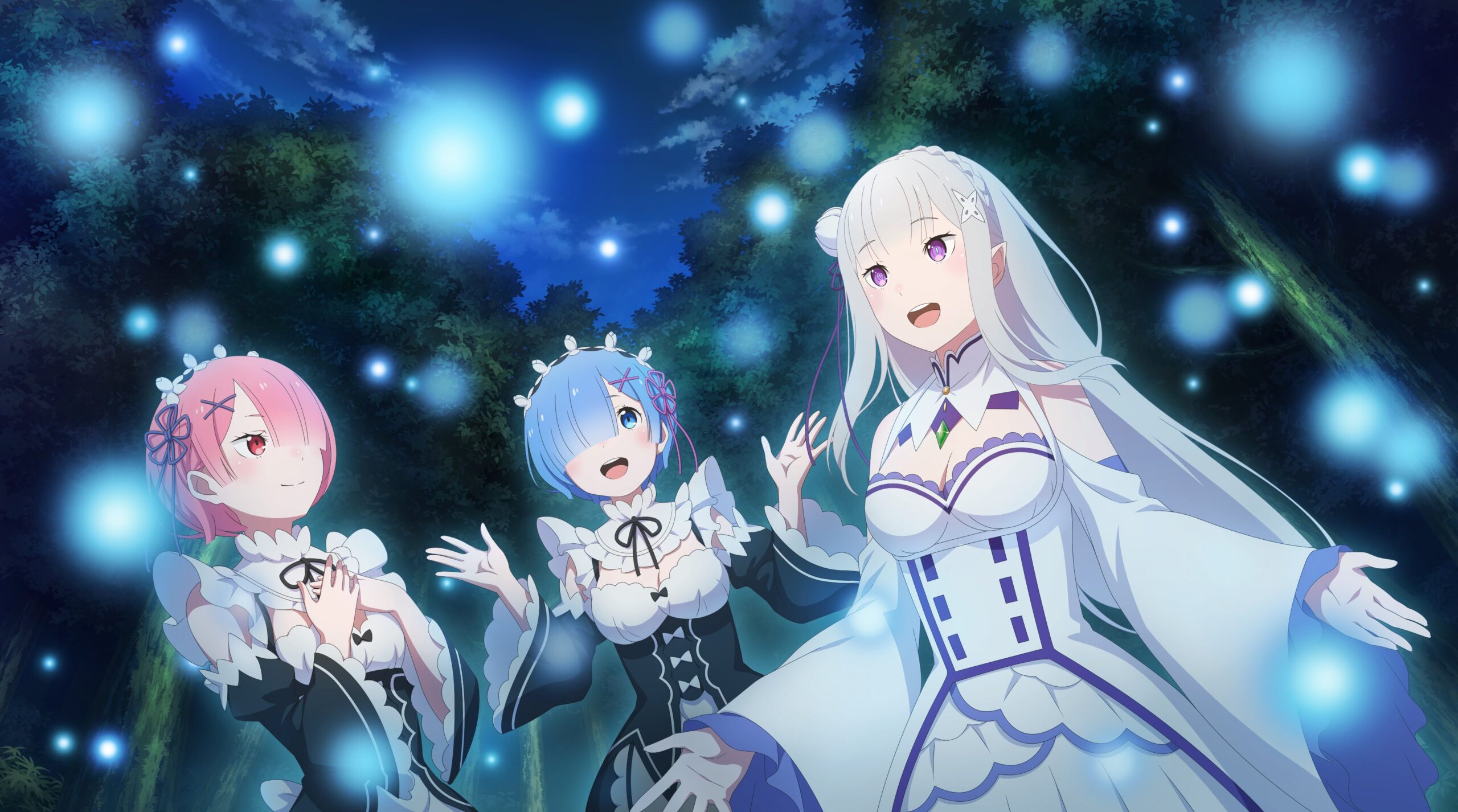In the contemporary world characterized by rapid transformations, the Bahá’í teachings emerge as a guiding beacon, illuminating pathways to innovation and cultural renaissance. The notion of ‘Re-Inventing Change’ is not merely an abstraction within these teachings; it acts as a catalyst for substantive societal metamorphosis. How can a community, rich with diverse backgrounds and experiences, collaboratively mold a culture that resonates with the principles of unity, justice, and compassion? This inquiry challenges us to envisage a collective undertaking where individuals unite to create an environment in which diversity thrives and harmonious coexistence flourishes.
At the core of Bahá’í principles lies the concept of unity in diversity, which maintains that the multiplicity of human experiences enhances the overall fabric of society. This foundational axiom encourages individuals to embrace differences rather than merely tolerate them. Every cultural contributor brings forth a unique perspective, fostering creativity and innovation; this plethora of ideas is crucial when envisioning new structures that serve a broader social purpose. By weaving together diverse narratives and customs, societies can transcend the limitations of homogeneity and engender a culture rich in diversity and creativity.
Moreover, the Bahá’í teachings emphasize the significance of consultation as a tool for decision-making. This democratic practice ensures that every voice is heard, promoting a sense of ownership and engagement among community members. Through consultation, collective wisdom accrues, often leading to solutions that reflect the needs and aspirations of the whole community. The challenge arises when individuals approach consultation with entrenched biases; fostering a cultural shift that prioritizes genuine listening and respect requires intentional effort. Embracing this process invites participants to share and challenge perspectives, laying the groundwork for collaborative innovation.
Change, particularly in cultural contexts, often engenders apprehension among individuals accustomed to established norms. The Bahá’í paradigm confronts this anxiety by framing change as an essential aspect of spiritual and social development. Transformation is not just a product of external circumstances; it begins internally, in the consciousness of each individual. This idea posits a fascinating challenge: how can one reconcile the often-discomforting nature of change with the necessity for growth? Equipping individuals with frameworks to understand and embrace change allows communities to evolve, refuse stagnation, and cultivate a spirit of resilience.
Education emerges as a crucial instrument in this cultural reinvention process. The Bahá’í teaching underscores the importance of education in fostering moral and intellectual capacities within individuals. A comprehensive educational framework should integrate both scientific and spiritual dimensions, enabling individuals to engage critically with their world while nurturing their inner selves. This holistic approach equips individuals with the tools necessary to navigate the complexities of modern life, transforming them into agents of change capable of contributing positively to society.
Furthermore, the culmination of these principles leads to the potential for collective action. The Bahá’í emphasis on service is not merely an ethical mandate but also a transformative prescribed action that solidifies the bonds of community. How does one inspire a generation to rise for a greater cause? This aspiration necessitates actualizing an ethos of service wherein individuals recognize their roles as contributors to the common good. The challenge lies in motivating individuals who may view their contributions as inconsequential. Demonstrating the profound ripple effects of even small acts of service can ignite a paradigm shift, heralding a golden age of collaborative engagements.
The principle of justice, integral to Bahá’í teachings, further fortifies the endeavor to construct a new culture. Justice underpins all social interactions and is a requisite foundation for a harmonious society. However, this notion should not merely exist in theoretical discourse; it necessitates actionable steps toward equity, inclusivity, and systemic change. How can communities operationalize justice in their cultural renaissance? This question invites deliberation regarding issues of systemic inequality, bias, and accessibility.
Moreover, the historical context of a community can provide insights into its present struggles. Understanding the roots of injustices can catalyze movements toward reconciliation and healing, instilling hope for future transformations. By acknowledging and addressing historical grievances, communities can foster an environment of mutual respect and empathy essential for reinvention.
Lastly, the notion of ‘New Culture’ as presented in Bahá’í teachings evokes a vision of an interconnected world. This calls for the dissolution of artificial barriers—nationalistic, racial, or socio-economic—that hinder progress. The challenge remains: how do pedagogical systems evolve to cultivate a generation that embraces this global consciousness? This requires an expansive view of education that transcends geographical limitations, integrating cross-cultural perspectives, and promoting empathy through global engagement. Social media and digital platforms, for instance, can play instrumental roles in fostering these connections, allowing for real-time sharing of experiences and perspectives, thus enriching the global dialogue.
In sum, the Bahá’í teachings offer an intricate tapestry of principles that collectively guide the reinvention of culture. By embracing unity in diversity, engaging in transformative consultation, nurturing a spirit of service, and advocating for justice, communities can indeed pave new pathways toward renewal. The playful question posed at the outset remains: in the pursuit of a new culture, are we prepared to forge a world that transcends existing boundaries, nurturing a collective consciousness that celebrates our shared humanity? The potential for such a culture is within reach, compelling us to embark on this sublime journey together.
